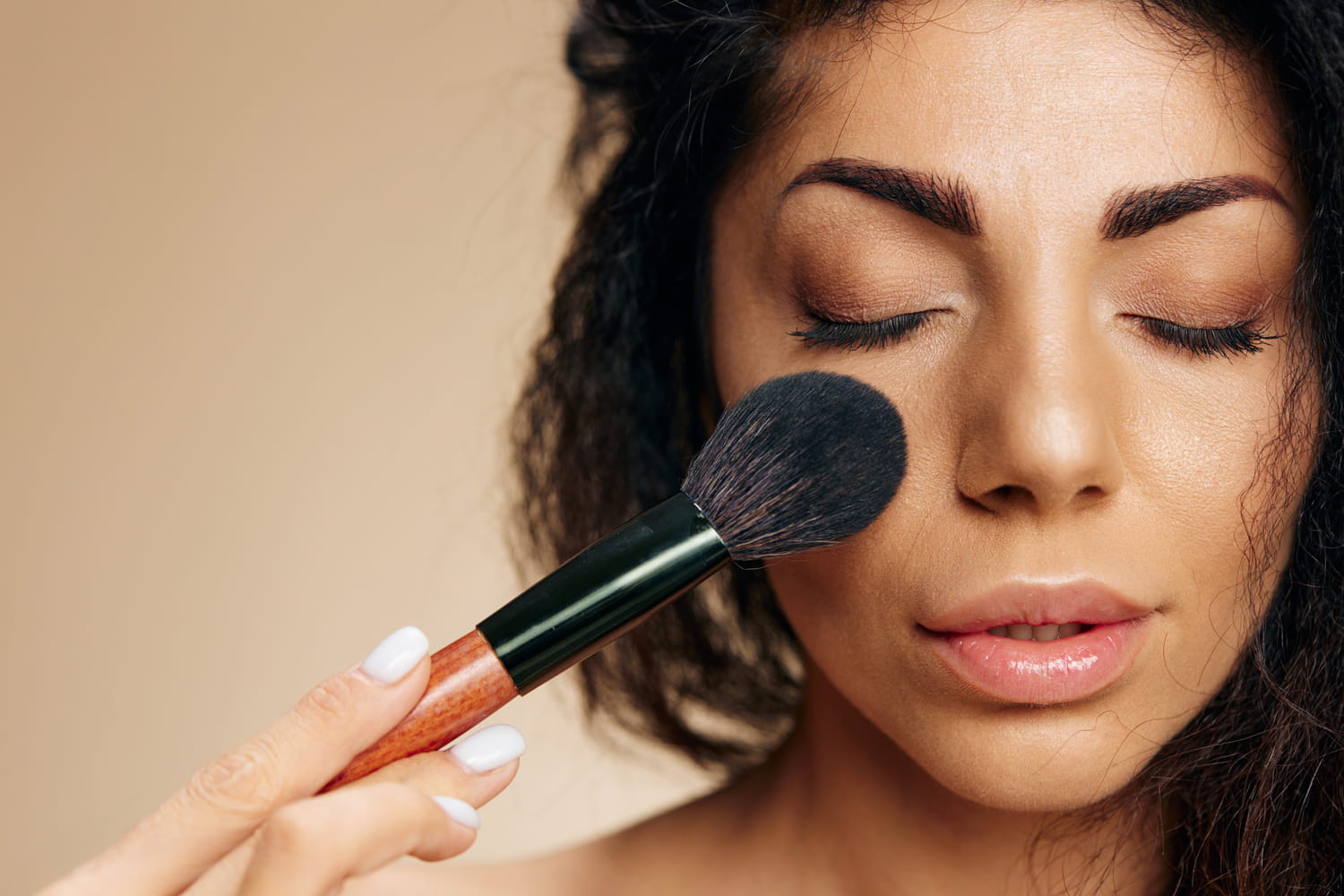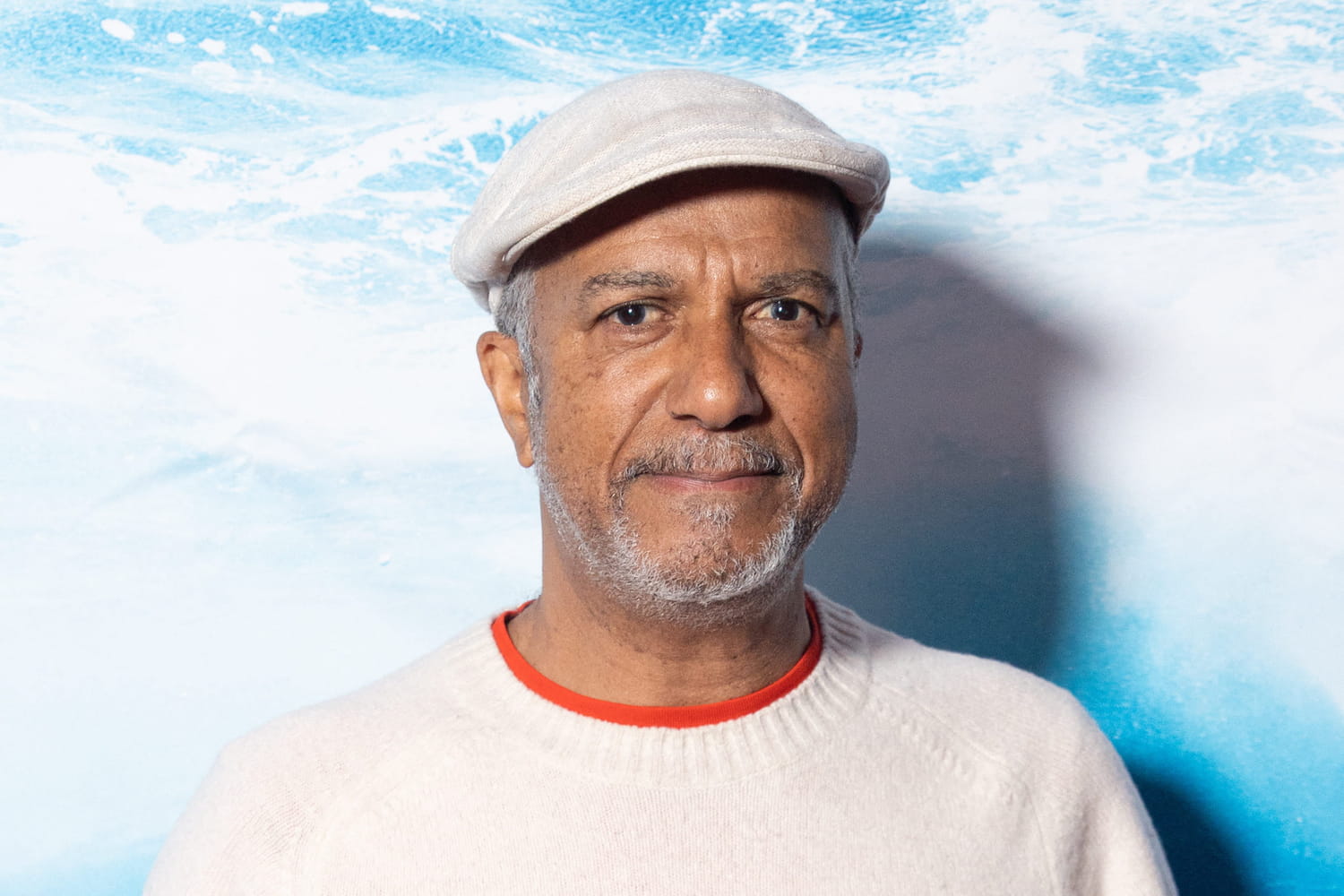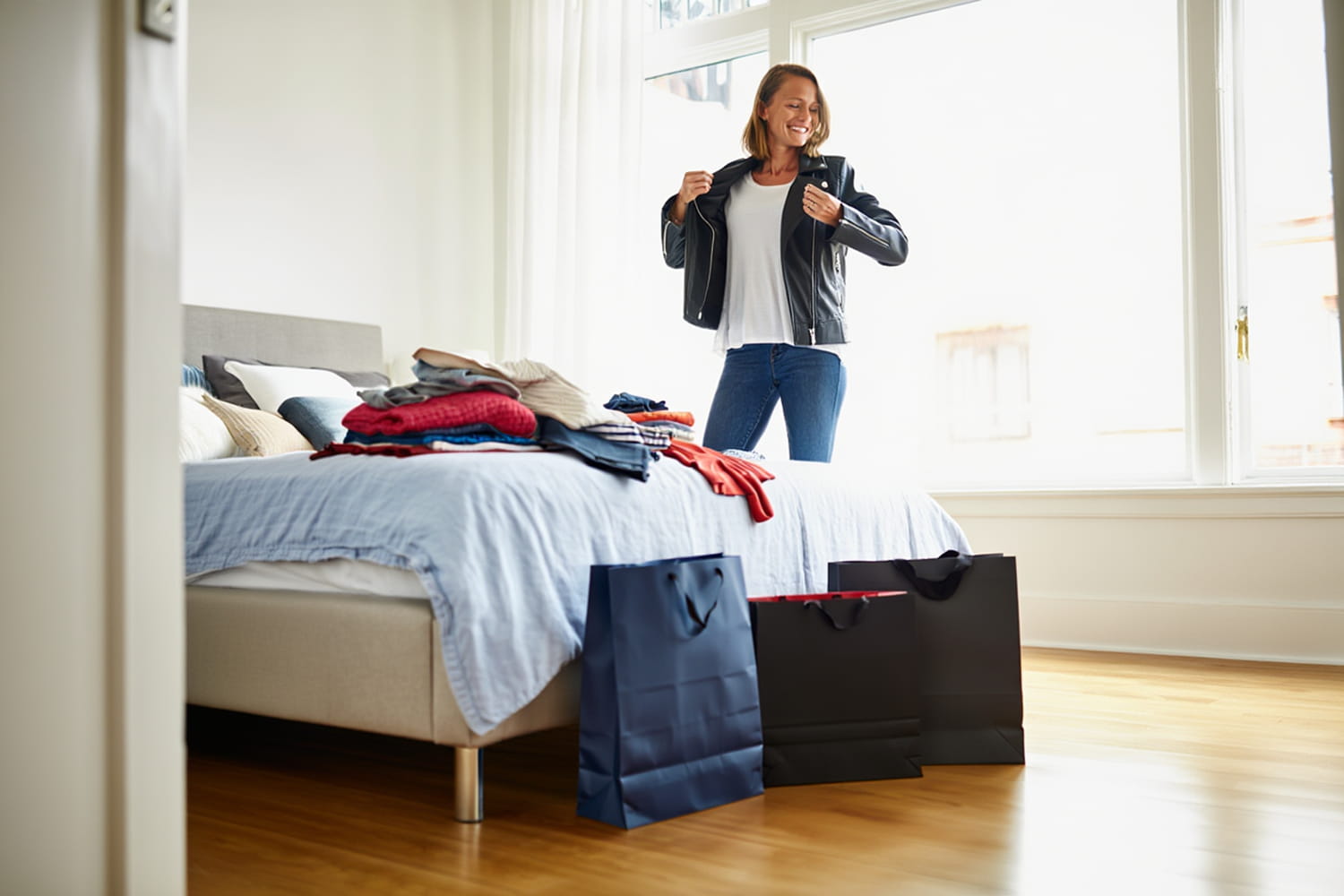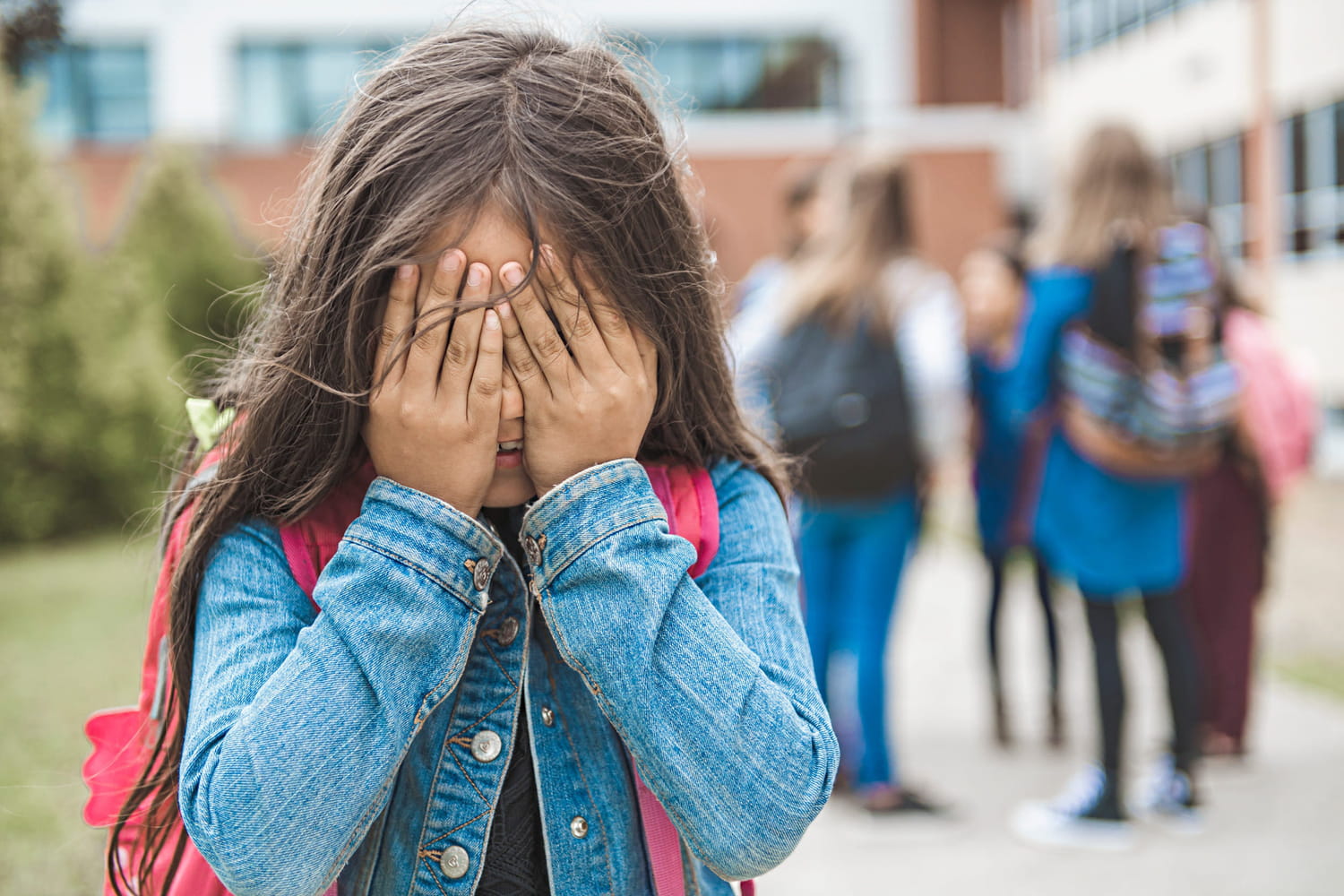Tears, panic attacks, stomach aches … sometimes young children and adolescents get sick at the idea of going to school. In order to help them, two psychiatrists deliver their recommendations and enlighten us on what school phobia is.
Does your child panic to go to school and nothing seems to calm him? He could suffer from school phobiaa disorder that affects between 1 to 5 % of students in France, according to national education figures. It is a reality. Unlike a simple difficult period, this anxiety completely paralyzes the child in front of the school. How do you know if your child lives a school phobia? What to do to help him? Marie-France Leheuzey, psychiatrist for children and adolescents, and Marie Rose Moro, psychoanalyst at the house of Solenn, give you their advice.
What is school phobia?
“The term ‘school phobia’ is not suitable, because the child is not afraid of school: He simply can’t go there anymore“, explains Marie-France Leheuzey. The child has a “School disgust”which gives him a sort of nausea just the idea of going there, adds Marie Rose Moro. He puts himself in such a state that this prevents him from going to class.
What are the symptoms of school phobia?
When a child no longer wants to go to school, it often causes physical symptoms and other less visible signs. These demonstrations generally appear in the morning before school or Sunday evening before recovery. Teenagers also tend to spend more time on screens and isolate themselves. A child who suffers from school phobia can have as a symptom:
- Vomiting
- Nausea
- Headache
- Stomach ache
- Diarrhea
- Anxiety
- Tears
- Sleep disturbances
What are the causes of school phobia?
THE Causes of school phobia Vary from one child to another, but sometimes, some of them can combine several stress factors at the same time. In older children, these school -related anxieties can be the result of threats, school harassment or humiliations in classor just the fear of a teacher, the fear of not integratingthat of the judgment and the gaze of the other, especially in puberty. Another possible cause: school failure, bad grades and “the anxiety of performance”, This pressure that some children may have if they do not manage to obtain good results in school. Among the little ones, it can be a child who does not manage to separate from his parents and who is reached by “separation anxiety“.
Who is affected by school phobia?
Adolescents are more affected by school phobia than kindergarten children. “The peak of school phobia intervenes mainly in college, between the sixth and third classes”specifies Marie Rose Moro, who recalls that 5 to 8% of consultations in child psychiatry in France concern cases of School phobia.
Should we change schools in the event of school phobia?
It all depends on the situation, but specialists are not favorable to Change of schoolexcept if it is a project in accordance with the student and the teachers. Some parents, for example, changed school three times, without solving the problem at its source. Other solutions can also be envisaged by parents in consultation with the child’s teaching team:
- Ask for a Time development at the school of her child ;
- Ask for a Registration at the CNED (National Distance Education Center), subject to the prior agreement of the academic director.
- Request an authorization to go homeunder conditions at Dasen (academic director of national education services).
What to do to help your child who suffers from school phobia?
In addition to the care by a health professional, Parents also have a role to play. You have to realize that something is abnormal: therefore pay attention to the slightest change in behavior. Once the problem has been identified, It is important toEstablish a dialogue with your child and ask him what he feelsunderlines Marie-France Leheuzey.
In case of proven school phobia,, “Collective work is to be carried out between parents, the adolescent or the child and the teaching team”insists the child psychiatrist. On a daily basis, parents must also pay attention to Do not stress the child By telling him, for example, that “The 6ᵉ is much more difficult than the primary, that it will have to go alone to school, learn to defend yourself, work to obtain good grades …“These typical sentences could strengthen his anxiety and put additional pressure on him. On the contrary, Staying positive will enhance him and give him self -confidence. The expert also advises parents to listen to their children and not to be interested only in the notes, but also in her relations with her comrades, her feelings and what is happening day by day.
What is the management to treat my child’s school phobia?
There Management of a school phobia Go through different stages. First of all, an appointment with a psychologist or a psychiatrist is necessary. He will be able to make a diagnosis and start a Behavioral and cognitive therapy (TCC) if necessary. “It is essential to take care of the problem as soon as possible and not wait“, advises Marie-France Leheuzey. Thanks to monitoring and support, the psychologist will help the child to gradually return to school. Sometimes school stopping for a fixed period is necessary. In some cases of school phobia, a drug treatment Perhaps prescribed to a child by a short -lived doctor, to calm his anxieties and crises. For advice, contact the School Phobia association that accompanies parents.
Thanks to Marie-France Leheuzey, psychiatrist for children and adolescents at the Robert Debré hospital in Paris, and the author of the book School phobia: how to help children and teens in school? And to Marie Rose Moro, psychiatrist, psychoanalyst and head of service at the house of Solenn.
- School phobia: reconnecting with the pleasure of learning goes through a found self -esteem. Health in action n ° 443 (March 2018). : https://www.santepubliquefrance.fr/content/download/186638/2319624#:~:text=les%20jeunes%20atteints%20de%20phobia%20Scolaire%20repr%C3%A9sentent%20environ%204,







